In a recent Made to Stick column in FastCompany magazine, Chip Heath and Dan Heath challenged the ‘Talent Bus’ metaphor – the idea that your goal as a leader is to recruit talented people, get them in the right seats, and drop off the slackers at the next stop. Using research from Harvard Business professor Boris Groysberg, they show us that this talent/no-talent dichotomy doesn’t exactly translate into reality. Groysberg studied highly talented Wall Street analysts, and learned that their performance often suffers after switching to a new firm. Despite their individual abilities, they were trumped by the culture, systems and support available in the new environment. In other words, even the most talented passengers can’t go very far if they’re on a broken-down bus.

